|
My passion is to support the 'nutrition the missing jigsaw piece' for our nutritionally vulnerable. I hope you find these articles helpful for the benefit of improving health and well-being within the communities you work?
Potential nutrition and health areas For poverty & health inequalities It is complex.
For Foodbanks First Steps Nutrition Trust (2017) on Information for Food Banks: Supporting pregnant women and families with infants 'This resource is designed for volunteers and those who run food banks with information on supporting pregnant women and women with infants and young children who may use their services. It explains why donations of infant formula should not be accepted and given out and how to signpost families to additional support and benefits they may be eligible for'. For Healthy Start welfare food scheme Set up in the UK in 2006 to target the most vulnerable under 4's nutritional needs. It is an unused resource. Offers free milk, fruit and vegetables with Healthy Start vouchers for; pregnant and under 18, pregnant or have children under the age of four families on certain benefits. For more information www.healthystart.nhs.uk/ and www.firststepsnutrition.org/healthy-start/ For Under 5's nutrition & pregnancy Children’s Food Trust (2012) on Voluntary food and drink guidelines for early years settings in England . Whilst the Children’s Food Trust closed in September 2017, the British Dietetics Association (BDA) have picked up the baton on improving child health through food by continuing and are the new home for Let’s Get Cooking and the Learning Network https://letsgetcooking.org.uk/ For holiday hunger clubs, after school clubs, play groups there are great practical ideas to support above from Dietitian Helen Crawley’s Charity First Steps Nutrition Trust https://www.firststepsnutrition.org/eating-well-resources/. It is an excellent website for quality resources for under 5's. For Community cafés Food Standards Agency (2018) on Providing food at community and charity events 'Food supplied, sold or provided at charity or community events, such as street parties, school fetes or fundraisers, must comply with EU food law and be safe to eat. Guidance from Food Standard Agency on providing food in a village hall or other community setting for volunteers and charity groups includes advice on registration, certificates and allergen information'. Other Food is Food, but food choices are increasing being linked to moral values with spiritual language like; sins, cheats, good, bad, raw, purity, guilt, with 'clean eating' even creating a moral hierarchy for food and odd food beliefs. It is a concern from both a mental health and physical health perspective as can contribute to distorted thinking patterns and unhealthy relationships with food. Nutrition training A range of nutrition training is available. See Training For bespoke, just ask. References
Day 3: Public Health and Primary Prevention (1)My tip: Prevent acute kidney injury, UTI, constipation, dehydration by raising the importance of drinking well. References:
Day 2: Rehab and Reablement (1)My tip: Recognise when help, support and signposting may be required with eating and drinking well. References
Day 1: Recovery and Mental Health (1)My tips: Highlighting 3 supporting nutrition and dementia resources for carers. ‘Food and eating are an enjoyable and social part of our lives and mealtimes provide structure to our day…Many of our favourite experiences and memories involve preparing and sharing food with family and friends. This makes food, eating and mealtimes an important part of our everyday lives (4).’ References
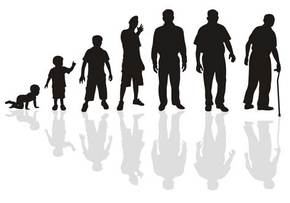 Fact or Fiction? 'All Older People's Nutritional Requirements are the Same' The nutritional recommendations for the majority of people aged over 65 is to follow similar patterns of eating and lifestyle to those advised for maintaining health in younger adults. However as this older person population group in particular are not a homogeneous group, often complicated with a number of medical conditions which impact to varying degrees on general overall health and daily living needs, their individual nutritional requirements vary widely and needs tailoring in this life stage. They can be either 'nutritionally well' or 'nutritionally vulnerable' requiring either 'healthy eating' or 'eat for health' approaches and this too can be to varying degrees and over various period of times.
Some fabulous creative activities @NHWeek promoting positive food and hydration messages for all especially the nutritionally vulnerable! From hospitals launching mealtimes matter campaigns, ‘Eat, drink, move’ projects, British Dietetic Association Malnutrition food fact sheet with tips on getting extra calories who for @NHWeek partnered with Friends of Elderly to promote good nutrition and hydration via five tips to boost good nutrition and hydration in older people.
For more information about nutrition and hydration week, go to |
AuthorElaine Lane Archives
November 2018
Categories |
Elaine Lane, Freelance Dietitian |
|




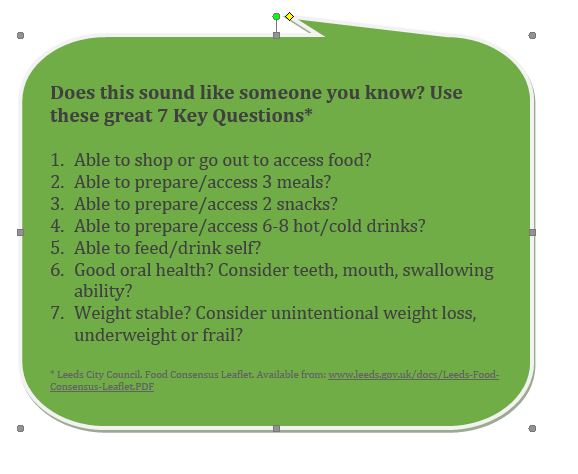

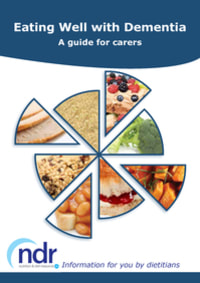
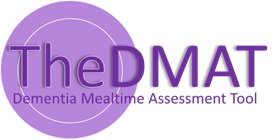
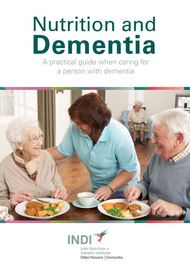
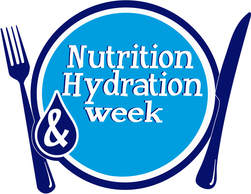
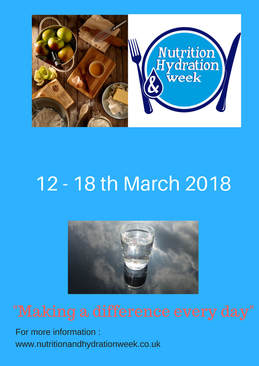
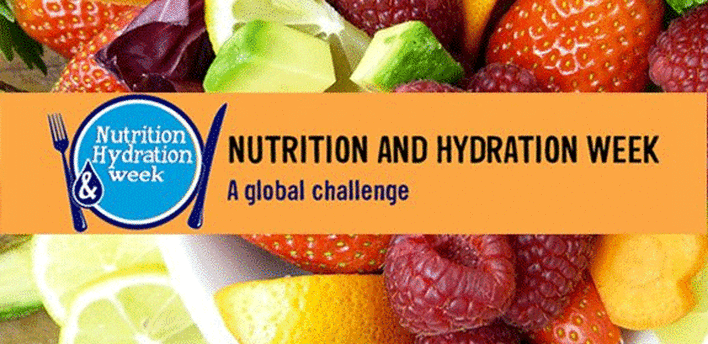
 RSS Feed
RSS Feed